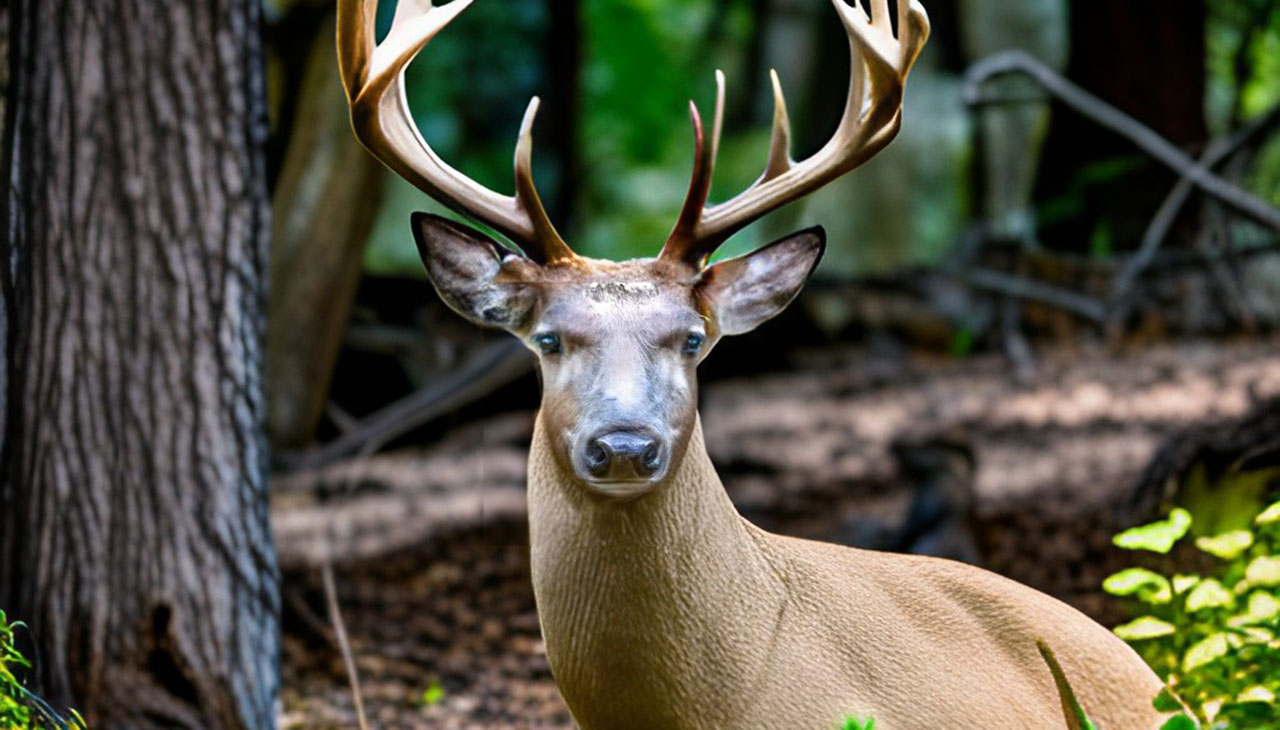Whether you’re a seasoned hunter or a newcomer to the sport, preparation is key to a successful and safe hunting expedition. This guide will outline essential items and considerations that should not be overlooked when planning your hunting trip. From checking your gear to respecting wildlife, we’ll cover the must-dos for any hunting enthusiast.
Safety Gear
Safety should always be a top priority on any hunting expedition. This includes having the right gear at hand. Always be sure to carry a first aid kit tailored to the type of hunt and environment. This typically includes bandages, antiseptic wipes, tweezers, and emergency blankets. Appropriate clothing is also essential to protect you from the elements. Wear layers to adjust to changing weather conditions and ensure your clothing is bright (preferably blaze orange) for visibility. Hunting boots designed for rugged terrains will protect your feet and provide necessary traction. Additionally, a headlamp or flashlight is indispensable for early morning or late evening hunts. Always carry a map and compass (even if you have a GPS) in case of technology failure, and a whistle for signaling in case of emergencies.
Hunting Equipment
Choosing the right hunting equipment greatly impacts your experience and success. Weapons are, of course, fundamental, but their type and specifications depend on the game you’re pursuing and your hunting style. Rifle, bow, or crossbow – each has its pros and cons and requires different skills. Ammunition or arrows should be chosen wisely and stocked sufficiently. A good hunting knife is also indispensable, whether it’s for field dressing, cutting branches, or other utility purposes. You’d also need optics like binoculars or scopes to spot and track animals from a distance. Don’t forget game calls or decoys to attract the game, and scent eliminators to mask your presence. Lastly, a sturdy backpack is needed to carry all equipment and collected game. Remember, when it comes to hunting equipment, quality is as important as selection. Always opt for gear from trusted brands that offer durability and reliability.
Personal Items
In addition to hunting and safety gear, you should also carry personal items that will ensure your comfort and well-being during the hunt. Pack enough food and water for the duration of your trip, including high-protein snacks for energy. Bring a water purification tool or device in case you run out of water. In terms of shelter, depending on how long your expedition is, you may need a tent or a sleeping bag. Don’t forget hygiene items like tissue paper, hand sanitizer, and a compact travel toothbrush and toothpaste. For communication and emergencies, carry a fully charged phone, and if you’re in an area with a poor signal, consider a satellite phone or a two-way radio. It’s also a good idea to carry a portable charger or extra batteries for your electronic gear. Lastly, pack any medications you take regularly, insect repellent, sunscreen, and lip balm. Remember, a successful hunting trip is not just about the hunt itself, but also about your comfort and safety throughout the experience.
Communication and Navigation
Effective communication and navigation are crucial to any successful hunting expedition. A charged mobile phone is your primary communication device, but don’t rely solely on it, especially in remote areas with potentially weak signals. Consider investing in a satellite phone or a two-way radio for reliable, off-grid communication. These tools can be critical in unexpected emergencies.
For navigation, traditional tools like compasses and topographic maps are always dependable. However, modern technology offers handy devices like GPS units that can track your movements, mark waypoints, and help guide you back to your starting point. Satellite messengers and personal locator beacons (PLBs) are also worth considering; they not only help with navigation but also send distress signals to search and rescue agencies if necessary. But remember, while technology is convenient, it’s not infallible. Always carry a backup and know the basics of navigating with a compass and map.
As a responsible hunter, always let someone know your hunting plan. Share your expected location, the duration of your trip, and when you plan to return. This information could be vital if a search and rescue operation becomes necessary. Remember, a safe hunting trip is a successful hunting trip.
Miscellaneous
Under this category, think of items that do not fit neatly into the previous categories but are still important for a successful hunting trip. A field guidebook for identifying animal tracks and signs can be invaluable. If you’re hunting in a colder climate, consider hand and foot warmers. Zip-lock bags can be used for storing leftover food, collecting trash, or even patching up a leaking water bottle in a pinch. A multi-tool, often overlooked, is an extremely handy piece of gear, with various tools like a knife, screwdriver, scissors, can opener, and sometimes even a small saw. Lastly, pack a notebook and pen for jotting down notes about your hunting experience, any sightings, or memorable moments. Being thorough and preparing for the unexpected can transform your hunting trip from a mere outdoor experience into a memorable adventure.
Conclusion
In conclusion, embarking on a hunting expedition is no small endeavor. It requires careful planning, appropriate gear selection, and meticulous preparation. Equipping yourself with the right safety gear and hunting equipment is crucial, not only for your success but, more importantly, for your safety. Personal items add comfort to your adventure and ensure your well-being. Furthermore, effective communication and navigation tools are essential for emergencies and to keep you oriented in remote locations. Lastly, carrying certain miscellaneous items can further enhance your hunting experience. Remember, every item in your hunting checklist serves a purpose, and each piece of gear contributes to transforming your trip into a memorable, successful, and safe adventure.
 Skip to content
Skip to content
